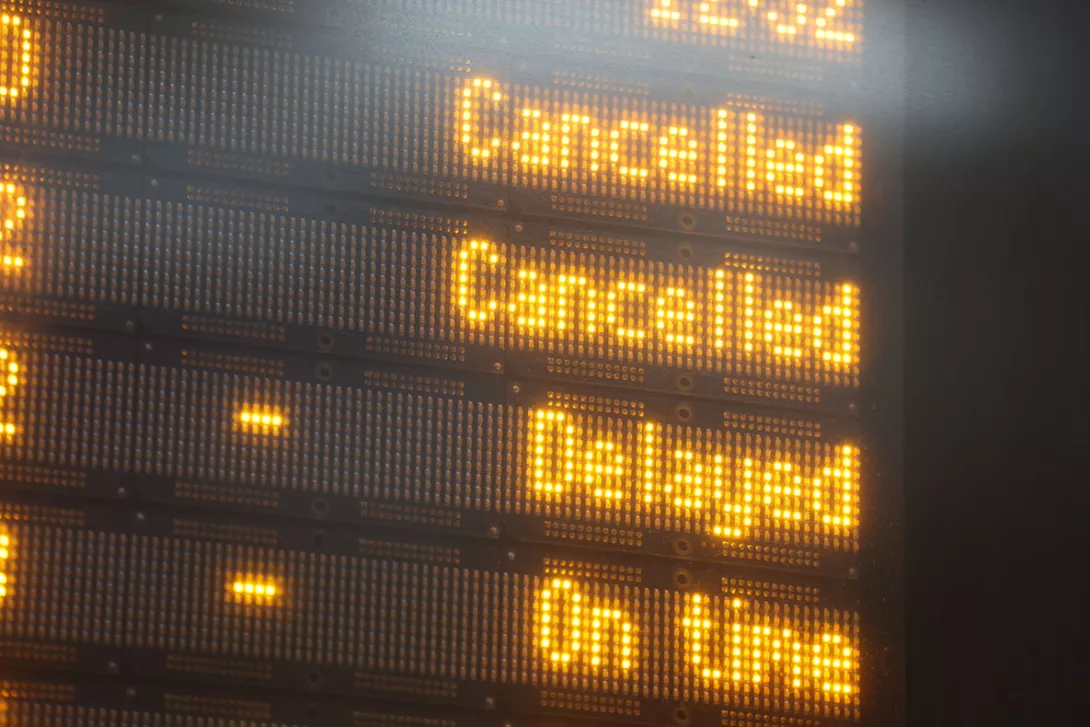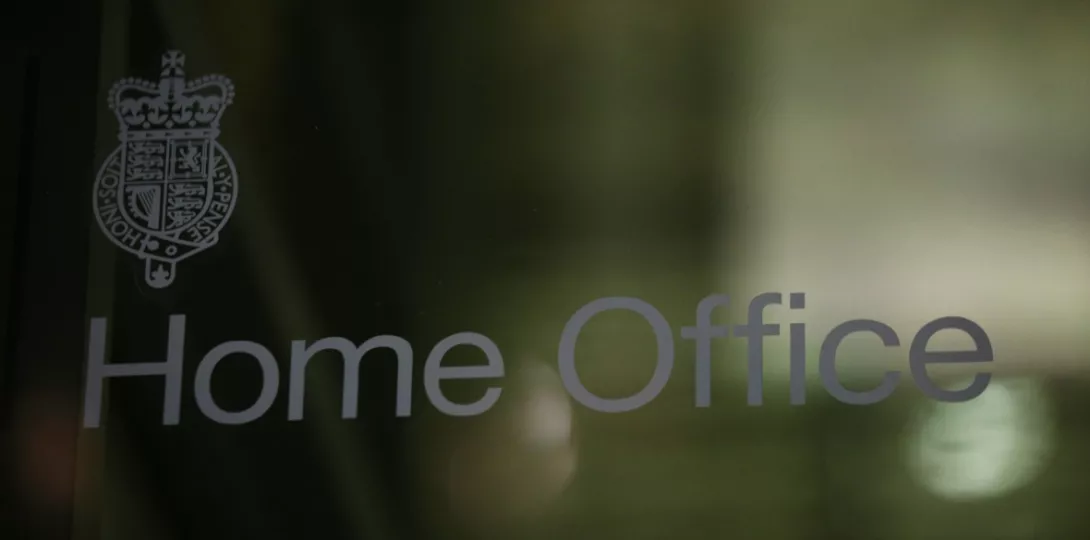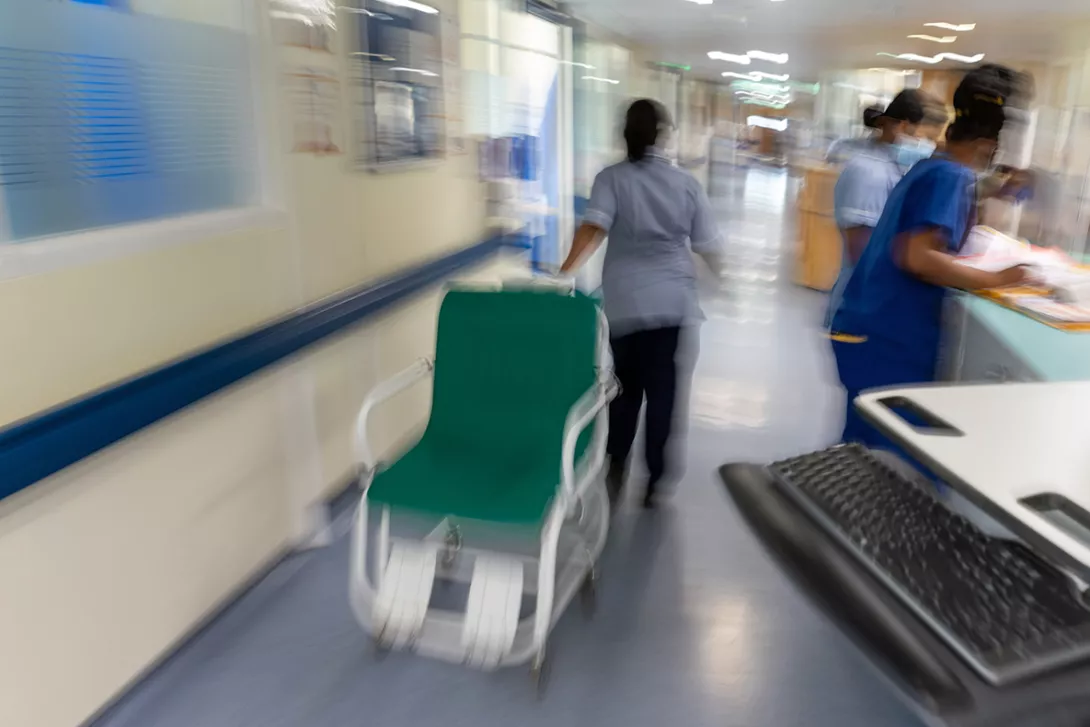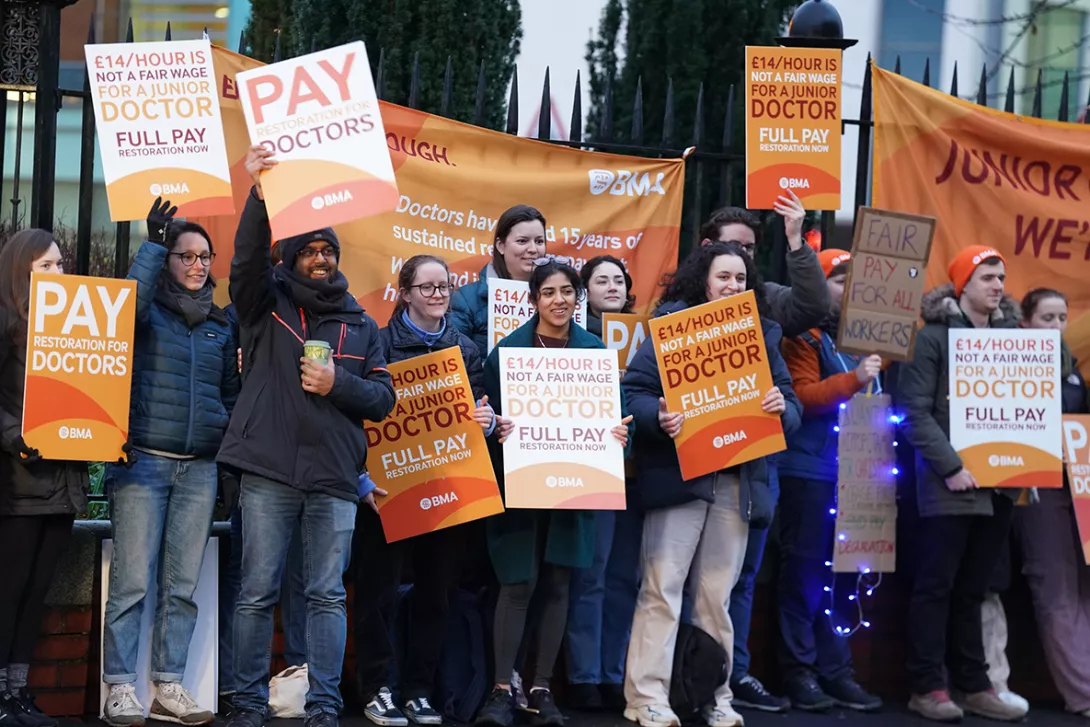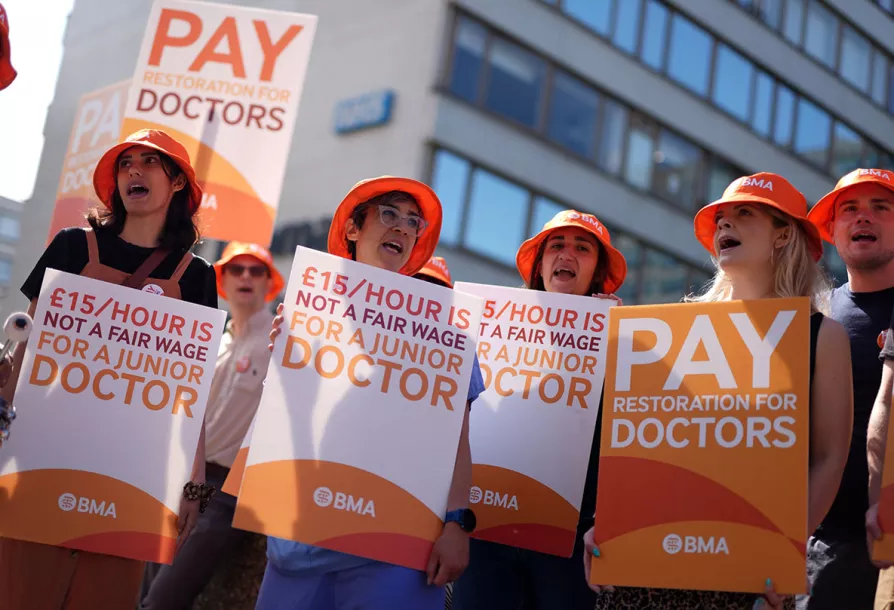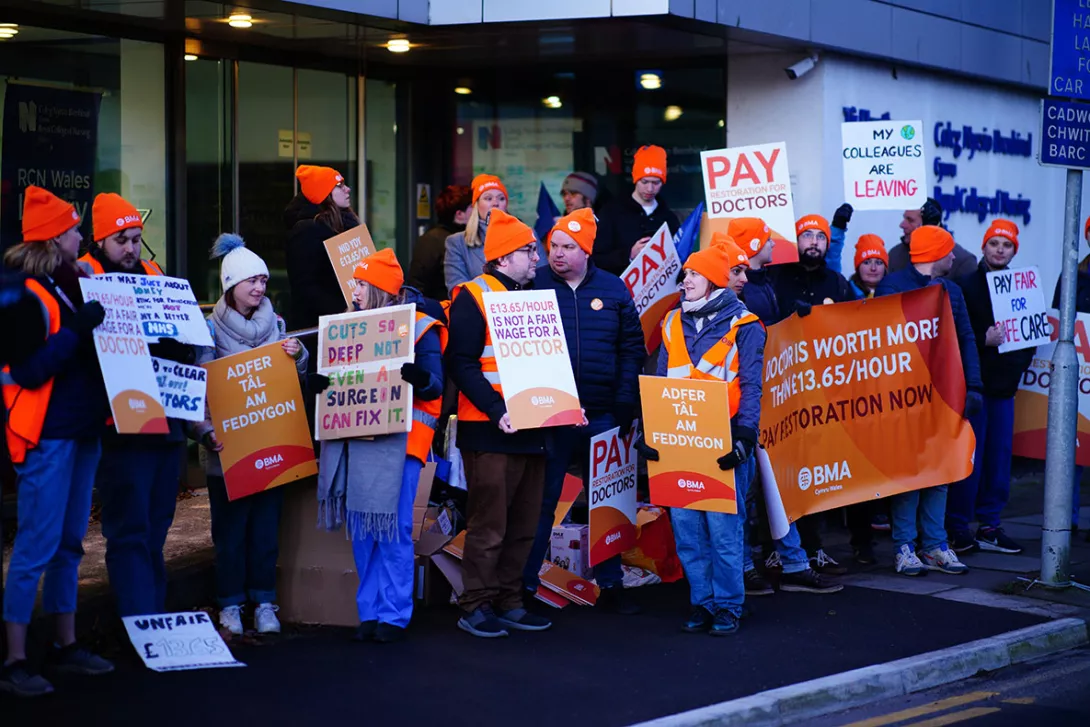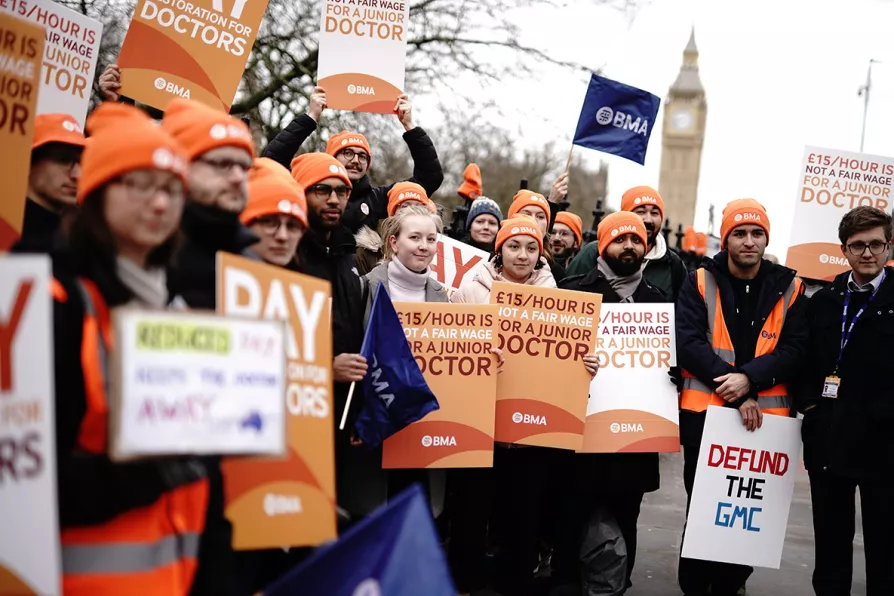NHS needs £8.5bn yearly cash boost - more than three times that promised in Budget, experts reveal
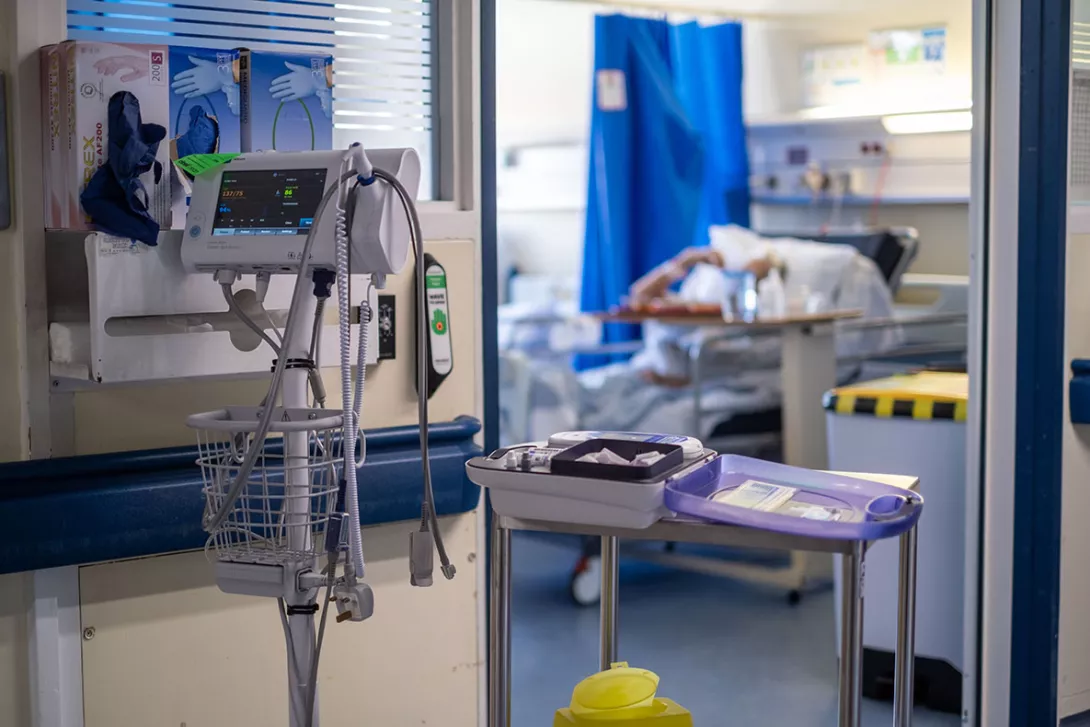
THE NHS needs a cash injection of around £8.5 billion a year over the next four years to improve the service, experts have said.
The figure is more than three times the £2.5bn promised in the Spring Budget.
A BMJ Commission on the Future of the NHS report said that amount, even alongside a £3.4bn investment over three years to improve productivity through digital transformation “certainly will not make up the significant shortfall that the NHS now faces.”
More from this author

Palestine Solidarity Campaign director Ben Jamal denies breaching anti-protest laws
Similar stories


